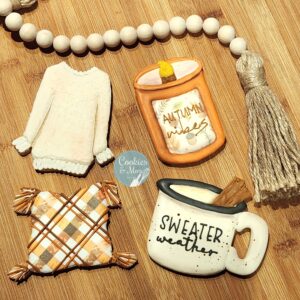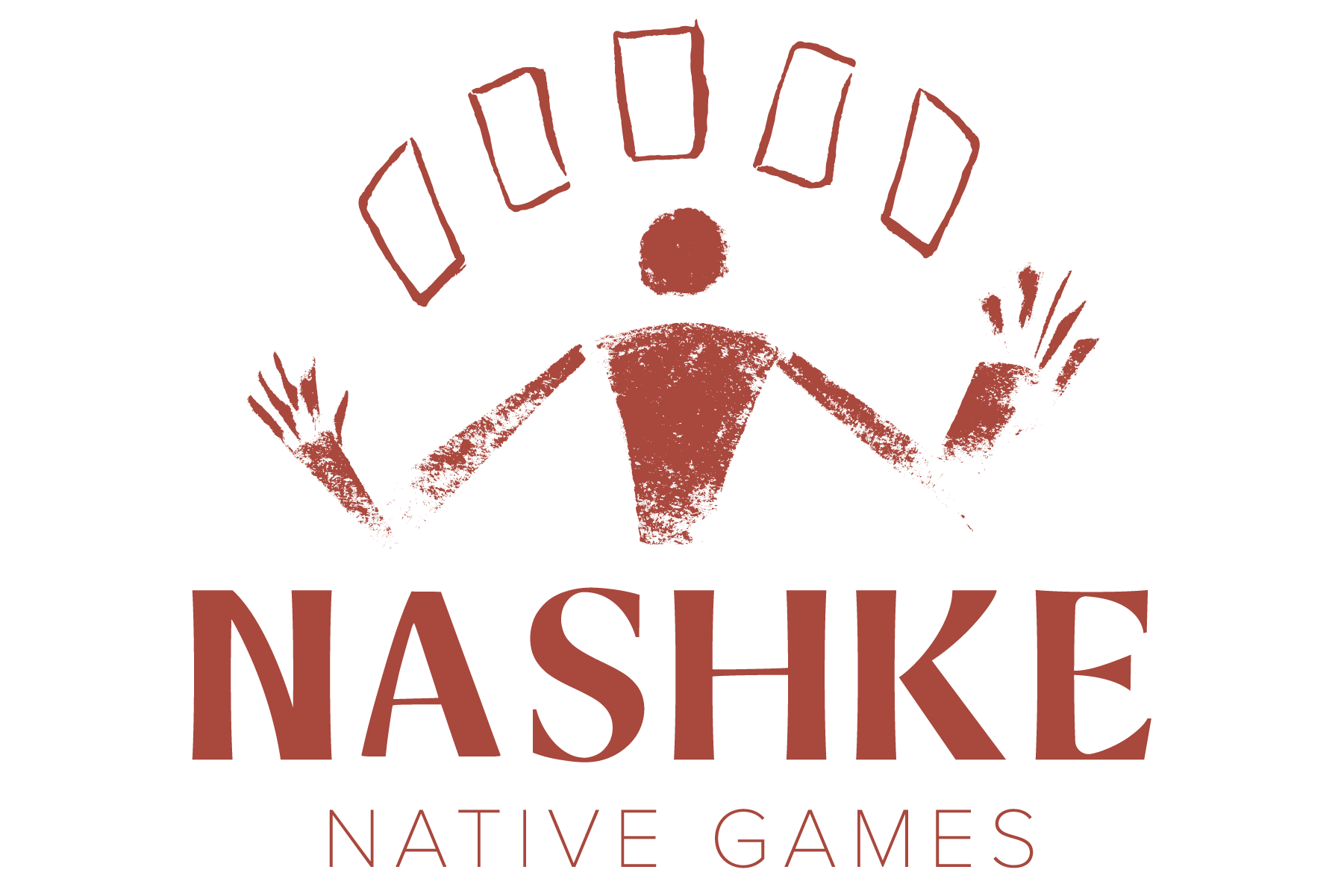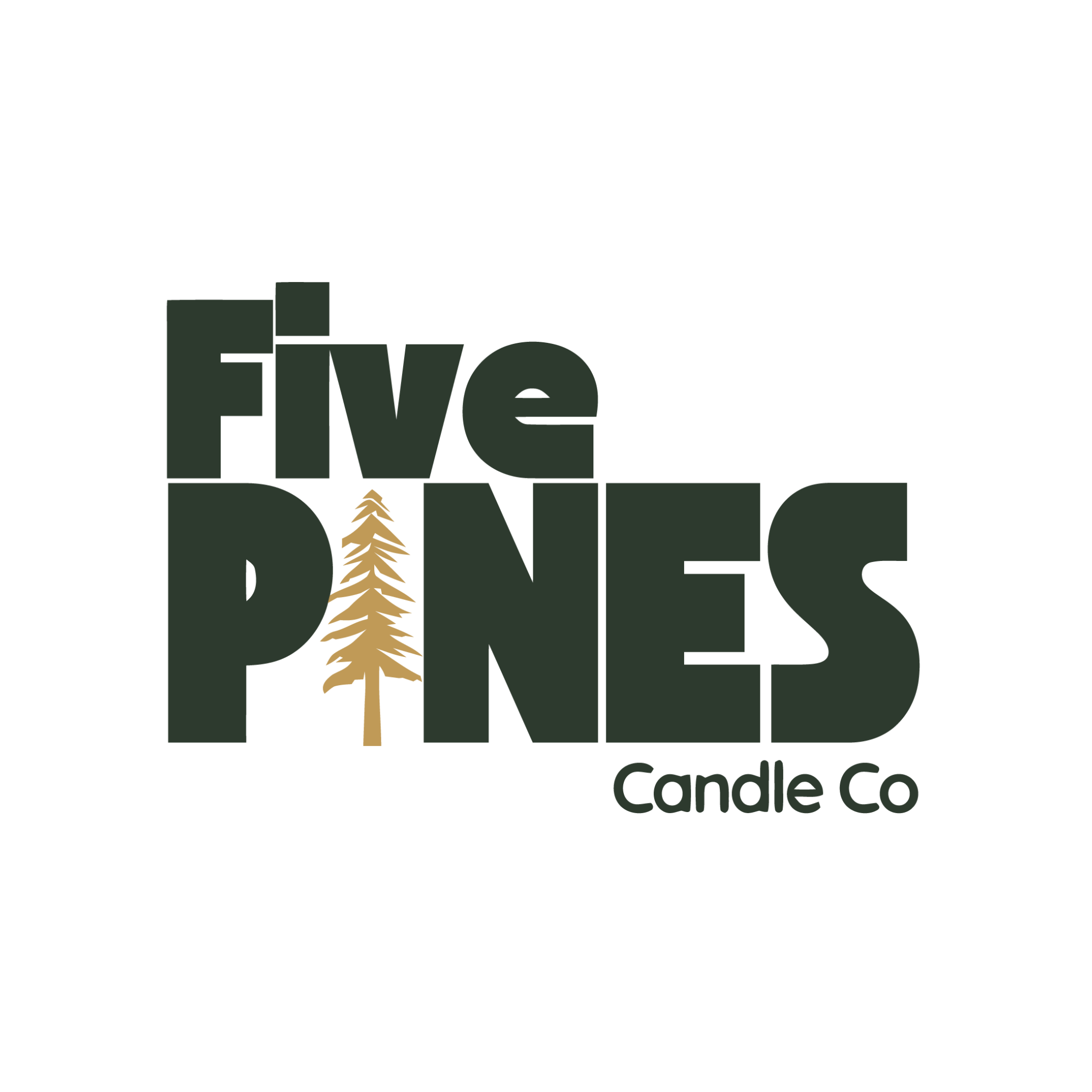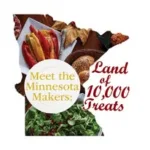|
WHO: |
Minnesota Cottage Food Producers Association |
||
| BUSINESS TYPE: | Cottage food producers association | ||
|
WHAT: |
Community and education for cottage food business owners |
||
|
WEBSITE: |
https://www.mncfpa.org/ |
By Michelle M. Sharp, Founder and Content Creator of Meet the Minnesota Makers

Cupcakes from Sweet Eats by Shelley
“I’ve always loved baking, ever since I was a little girl and my mom bought me the Easy-Bake oven,” reflected Shelley Erickson,

Gluten Free Ginger Molasses Cookies by Fiddlesticks Bakery
president of the Minnesota Cottage Food Producers Association (MNCFPA), the first cottage food producers association in the US.
As an adult, Shelley thought that an open storefront near her workplace provided the perfect opportunity to start a little store to sell baked goods that she made at home. She called the Department of Health to find out about a license. What she discovered, however, took her on a new career path. There was no license to apply for. She was stunned to learn that the way she had been selling baked goods from her house was actually illegal.
Shelley put the wheels in motion to establish Minnesota’s cottage food laws, which went into effect in 2015 with amendments passed in

Halloween Macarons by X^2 Bakery
2021. These laws make it legal for anyone—your friends, neighbors or co-workers—to establish a home business preparing and selling select baked goods, pet treats or canned items (think pickles, jams and jellies); however, sales can only be direct to consumers through farmers markets, home pick ups, deliveries or community events.

Decorated Cookies from Cookies and More by Lisa
Shelley was surprised by some of the resistance facing the legalization of cottage food production. “A lot of the concerns had to do with food safety – how would items made in people’s home kitchens be regulated?” shared Shelley. “Other concerns included how cottage businesses would impact grocery stores and other brick and mortar storefronts and the question of shipping products.” A primary advantage of

Cupcakes from The Dessert Diaries
producing cottage foods is the opportunity to try out a food business idea without the prohibitive overhead cost of a commercial kitchen.
To address food safety concerns, producers complete an annual registration through the Minnesota Department of Agriculture (MDA).

Bundt Cake from The Dessert Diaries
Registration includes food safety training and a mandatory exam. There are two different tiers, depending on the producer’s annual sales. Producers in the second tier, who generate more than $7655 in annual sales, complete additional training through the University of Minnesota Extension Food Safety Program.
Businesses that earn more than $78,000 annually are not eligible to be cottage food

Fruit Danish from X^2 Bakery
producers. Additionally, food producers who sell their products through coffee shops, boutiques, grocery stores or other retail locations must work from a commercial kitchen and, therefore, are not cottage food producers.
The MNCFPA brings registered cottage food producers together, one story at a time. The association holds an annual conference and provides additional training beyond the state requirements for its members. Their goal is to make it as easy as possible for cottage producers to succeed.

Steph Krueger of Shorties Sweets ‘N Treats
One of those stories is Stephanie Krueger. Steph’s bakery, Shortie’s Sweets and Treats, is a regular at Eagan’s Market Fest. Her half pound stuffed cookies are the Jucy Lucy of the baked goods world. “I love the creativity that I have. I’m a throw-it-in-the-bowl, mix-it-up, put-it-on-a-pan and see what happens sort of baker,” Steph said. “Baking is a time for me to clear my head. I just focus on creating. Some people are artists who paint. My medium is cookie dough.”
Applying for her cottage food license exemption achieved her family’s goal to eliminate debt. After she met that goal in late 2020, her bakery helped make the down payment on a new house in Elko New Market.
Matt Rosen of Eden Prairie’s Sergeant Shortbread appreciates how Minnesota’s cottage food laws provide a safe space to try out recipes and

Dark Chocolate Sea Salt Shortbread by Sergeant Shortbread
develop a brand. Matt maintains his cottage food license even after having moved into a commercial kitchen space. “Cottage food is my roots. I still enjoy being a part of this community. It’s also convenient to be able to prepare small direct-to-consumer orders at home,” noted Matt.
Stories like these highlight the many ways that being part of a community and having resources available has opened up opportunities for
Minnesota’s cottage food producers. Whether starting a cottage business was a way for producers to find balance, preserve a beloved family tradition or serve as a launchpad to a commercial business, having a way to share experiences and resources is a key success factor for these business owners. Matt Rosen recognized this and decided to build upon the foundation set by the MNCFPA in creating an online community – the cottagefoodie.com.

Thanksgiving Tray by Cookies and More by Lisa
The Cottage Foodie is a website directory described as “the ultimate guide to Minnesota’s finest cottage food providers.” To be a part of The Cottage Foodie, producers must have a current MDA registration. The directory is free for site visitors. Searchable categories include gluten-free baked goods, pet treats, products containing hemp and candy. “I’m excited to give back to the cottage food community that has supported me in my passion,” explained Matt. “I want people to know about their talented neighbors and make it easy to support them.”
As for Shelley, her bakery Sweet Eats by Shelley in Big Lake has been pretty quiet. Running the MNCFPA, mentoring new producers

Stuffed Cookies by Shorties Sweets ‘N Treats
and working with state legislators keeps her busy. “It amazes me how much has changed for Minnesota’s cottage food industry in the last decade. We’re proud to have created real jobs for people right in their own homes,” said Shelley. Particularly important for Shelley is that cottage food businesses can legally be organized as a business entity recognized by the state.
The very legalization of Minnesota’s cottage food enterprises is a major accomplishment. The 2021 amendments increased the sales cap per registered individual and added pet treats for dogs and cats as a cottage food product. “We’ll keep working to educate the public about the importance of registering and how to run a business safely,” said Shelley. “It’s essential to recognize what it means for a business to have registered and why that’s important both for the business owner and their customers.”

Gluten Free Raisin Toast from Fiddlesticks Bakery
To learn more about registering your cottage food business and why it matters, visit mda.state.mn.us and search “cottage food producer registration”.
Meet more cottage producers and read the full article on pp. 7-9 at edibleminnesota.com. Check their locator to find a location near you to pick up a copy.
Follow @meettheminnesotamakers on Instagram and Facebook to discover the small business owners who make Minnesota a tasty place!







